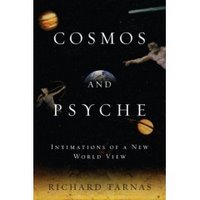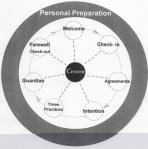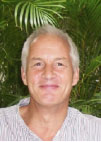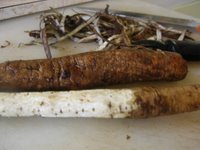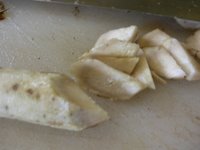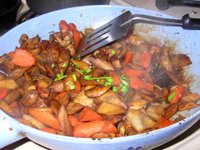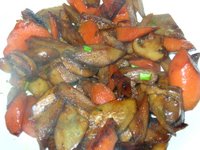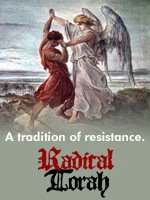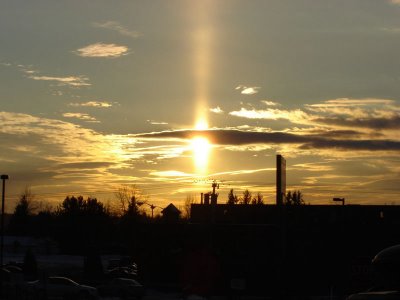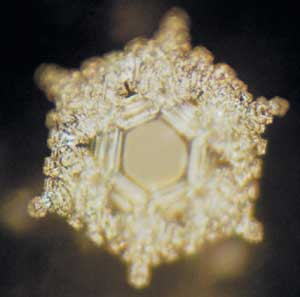From an essay by John Seed, founder of the Rainforest Information Centre in Australia and co-author of Thinking Like a Mountain-- Towards a Council of All Beings:
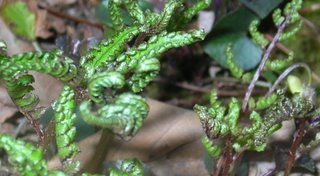 baby fronds of Japanese Painted Fern Athyrium niponicum "Pictum"
baby fronds of Japanese Painted Fern Athyrium niponicum "Pictum"
spilling out of the ground in the spring
"The Council of All Beings is the ceremonies and rituals that bring our deep ecology to life. Here we have a practice where we approach a leaf as though approaching our revered zen master. We breathe to this leaf the oxidized carbon of our body. We do so with the gratitude and the generosity that is the signature, the clue to the Nature of which we are a fragment.
As we add consciousness to the ancient processes of sharing respiration, we savor the leaf in our imagination. Now we must notice and then lay aside our prejudice that humans are the only ones capable of consciousness in this transaction, this holy communion that accompanies our every breath. We consciously nourish a leaf and invite the leaf to nourish us, not just with the oxygen it creates, but with futher communications.
(...)
Plants! Herbs!
Of course they feed us! Of course they heal us! Of course they get us high! We've been co-operating together for eons before arrogance and amnesia set in, they are the manner in which we are rooted in biology, they mediate between us and the sun.
...Ahhh, photosynthesis! Back to the ultimate miracle of sunlight itself, energy with the propensity, the delight, to weave itself into all this."
 baby fronds of Japanese Painted Fern Athyrium niponicum "Pictum"
baby fronds of Japanese Painted Fern Athyrium niponicum "Pictum"spilling out of the ground in the spring

